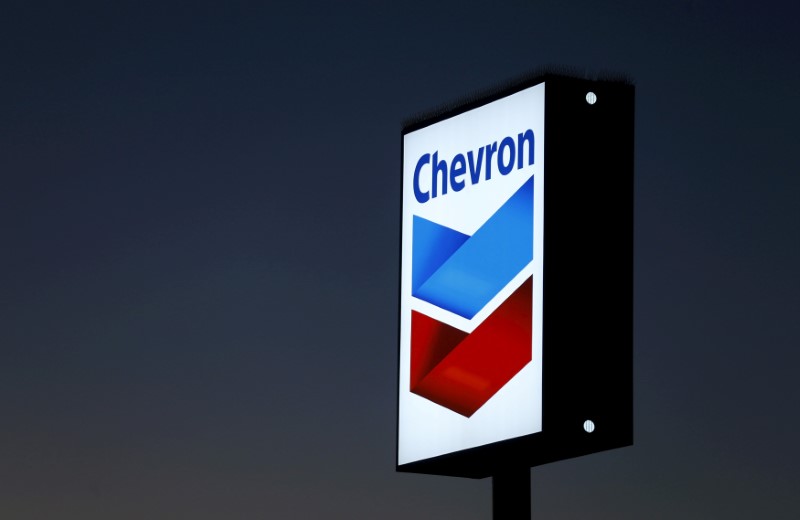© Reuters. FILE PHOTO: Hess logo is seen displayed in this illustration taken April 10, 2023. REUTERS/Dado Ruvic/Illustration//File Photo
2/2
By Ron Bousso
LONDON (Reuters) – The prospect of Exxon Mobil (NYSE:) or Chevron (NYSE:) buying European majors has receded after the two leading U.S. oil companies announced major acquisitions focused on the Americas this month, investors said.
Speculation that Chevron and Exxon might try to buy rivals BP (NYSE:) and Shell (LON:) intensified over the last two years as the European majors underperformed their U.S. rivals.
Investors punished the European companies for their pivot towards renewables and low carbon energy while rewarding the U.S. companies’ focus on oil and gas production that drove record profits last year.
The oil industry last went through an era of major consolidation in the late 1990s when Exxon, Shell, BP and France’s TotalEnergies (EPA:) merged with rivals to create huge integrated companies. The acquisitions followed a collapse in oil prices that weakened many companies.
Today, the majors are sitting on piles of cash after a surge in energy prices linked to the Ukraine war pushed profits to record highs last year.
Rather than taking the risk of investing in exploration and development, Exxon and Chevron have bought companies to increase production and focused on financial discipline and rewarding shareholders.
Exxon, the largest U.S. oil producer, said on Oct. 11 it had agreed to buy Pioneer Natural Resources (NYSE:) in an all-stock deal valued at $59.5 billion that would make it the biggest producer in the largest U.S. oilfield and secure a decade of low-cost production.
BP’s shares dropped by 2% on Monday, hours after Chevron announced it had agreed to buy U.S. rival producer Hess (NYSE:) for $53 billion. Investors said some in the market had expected Chevron would buy the company.
A senior industry source close to the issue, as well as analysts and investors dismissed any imminent U.S. purchase of European rivals.
“A major acquisition like Chevron buying BP is unlikely now. It would simply be too big, and Chevron are going to have their hands tied with the Hess acquisition for a few years,” Tyler Tebbs, managing director at MKP Advisors, a specialist advisory firm, said.
He added Exxon was in a similar position following the Pioneer deal.
‘EXAGGERATED DISCOUNT’
The unexpected resignation of BP CEO Bernard Looney last month had exposed the company to the risk of takeovers, Exane BNP Paribas (OTC:) analyst Lucas Herrmann said in a Sept. 19 note.
He said BP, more than peers, was trading at an “exaggerated discount” to U.S. rivals, making it potentially a bargain.
BP’s market capitalisation was around $113 billion on Monday, while Shell’s stood at $220 billion. Chevron’s market capitalisation was $318 billion, and Exxon’s was $440 billion.
Shares of Shell and BP have underperformed their U.S. rivals since the European companies cut their dividend after the COVID-19 epidemic took hold in early 2020 and as some investors worried about the impact on profits of a spending shift towards low carbon businesses that provided lower returns than fossil fuels.
While BP and Shell both have large oil and gas production, refining, retail and trading businesses, which could fit well with Chevron and Exxon’s operations, many of their renewables operations would not interest the U.S. companies, three investors who spoke to Reuters on condition of anonymity said.
A combination of that scale would also be complex from a regulatory and anti-trust perspective, they added.
The European Union has pushed oil and gas companies harder than the U.S. government to find alternative business models to fossil fuels and to embrace the energy transition.
Some European investors have also campaigned for energy companies to shift their business models to help tackle climate change. Other shareholders, seeking short-term returns, have urged a returned focus to oil and gas, prompting Shell and BP to roll back their transition targets.
Read the full article here



